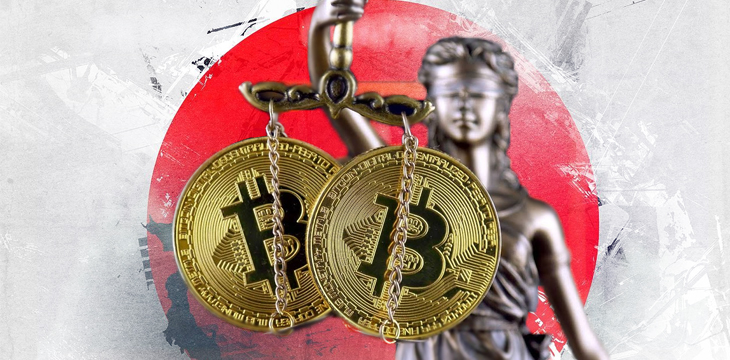|
Getting your Trinity Audio player ready...
|
The G20 countries are preparing to meet in Japan this June to discuss cryptocurrencies and international guidelines of the Bitcoin space. The summit could become one of the most important meetings for creating international crypto guidelines, and Japan wants to help make things as smooth as possible. It has created a manual of regulation proposals that will be distributed to all summit participants in order to try and reach a quick consensus on how to proceed with international oversight.
Currently, there is no standard for crypto regulations from one G20 country to the next. Some have developed strong, defined regulations, while others have virtually nothing in place. This is a major issue for the G20 group, asserts Tokyo, and Japan is pushing for standardization to be created sooner rather than later.
The manual covers a number of topics, including systems that can protect consumer assets, international security protocol standards and systems that can inform customers of activity, such as when an exchange or other crypto platform becomes the target of hackers.
Japan has some of the strictest regulations in place for the Bitcoin industry. The rules were implemented following a number of high-profile—and embarrassing—exchange hacks, but the country now has one of the best systems in place. All exchanges have to apply for a license with the Financial Services Agency (FSA) and the Japanese Virtual Currency Exchange Association (JVCEA) has the legal authority to police the exchanges to ensure they’re operating in accordance with the laws and the organization’s own standards.
There has been a push for the G20 to create standard policies and guidelines for digital currencies for the past couple of years and this June’s meeting is the culmination of continued efforts. The group has already stated that it hopes to conclude the summit with new regulations in place, which could go a long way toward creating a stable, international crypto ecosystem.
The G20 promised last year to support the guidelines outlined by the Financial Action Task Force (FATF), which has stated, “At a minimum, virtual asset service providers should be required to be licenced or registered in the jurisdiction where they are created, or … where they have their place of business.” The FATF has also asserted, “Countries should provide international cooperation in relation to virtual assets and virtual asset service providers.” Hopefully, the upcoming G20 summit will answer that call.

 02-23-2026
02-23-2026 




